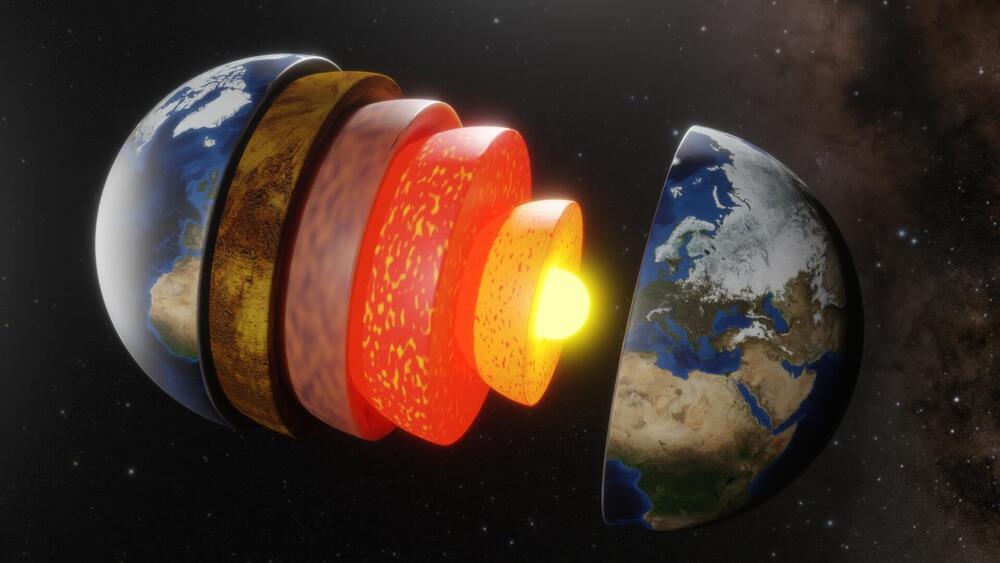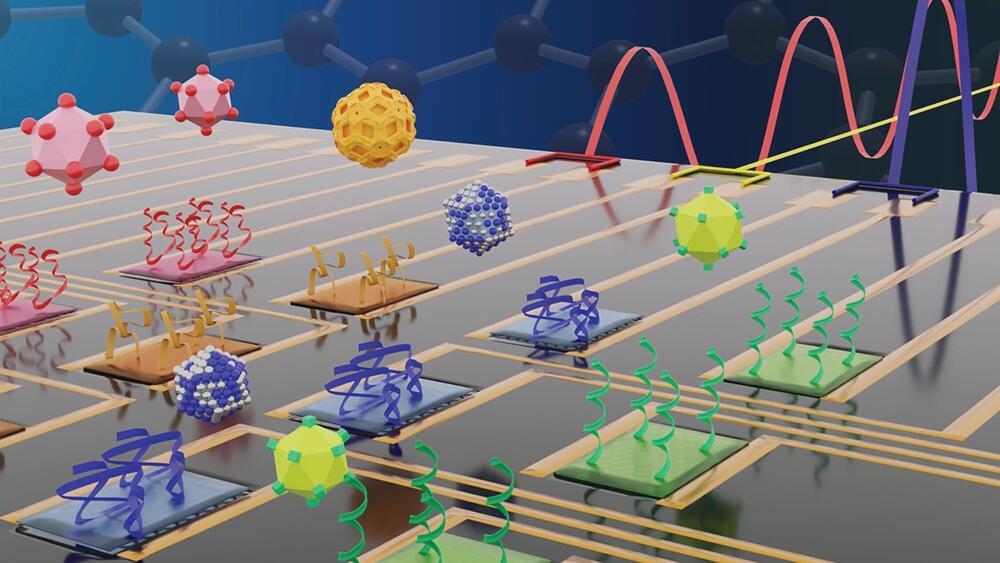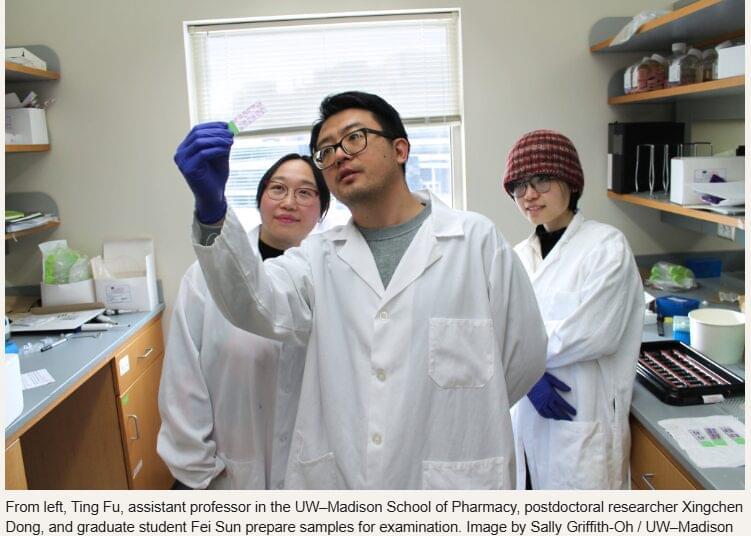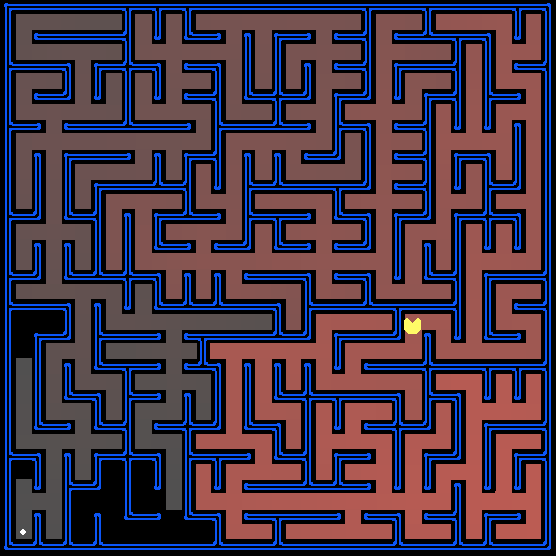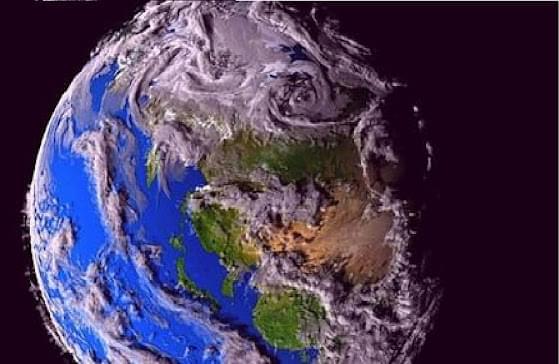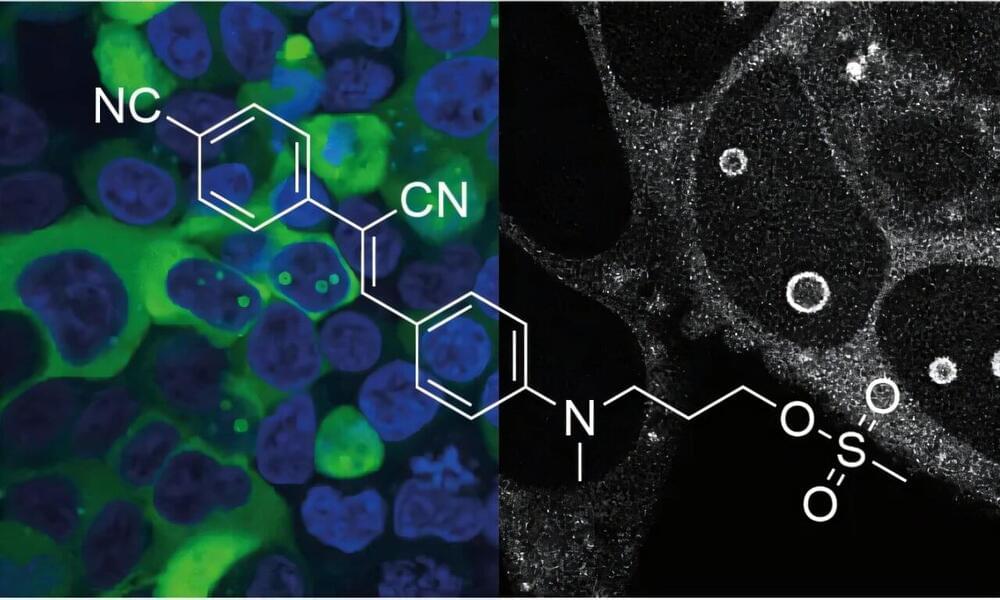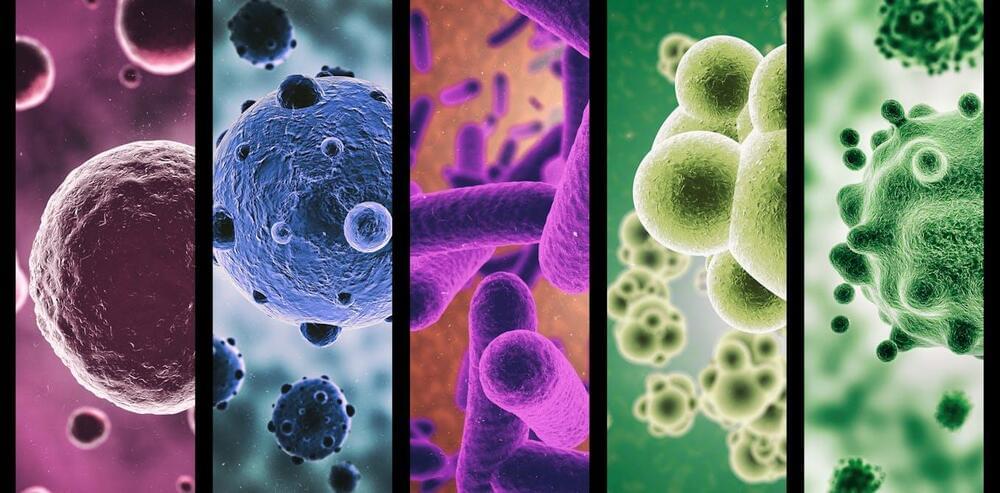How does the Earth generate its magnetic field? While the basic mechanisms seem to be understood, many details remain unresolved. A team of researchers from the Center for Advanced Systems Understanding at the Helmholtz-Zentrum Dresden-Rossendorf, Sandia National Laboratories (U.S.) and the French Alternative Energies and Atomic Energy Commission has introduced a simulation method that promises new insights into the Earth’s core.
The method, presented in the Proceedings of the National Academy of Sciences, simulates not only the behavior of atoms, but also the magnetic properties of materials. The approach is significant for geophysics and could support the development of neuromorphic computing—an approach to more efficient AI systems.
The Earth’s magnetic field is essential for sustaining life, as it shields the planet from cosmic radiation and solar wind. It is generated by the geodynamo effect. “We know that the Earth’s core is primarily composed of iron,” explains Attila Cangi, Head of the Machine Learning for Materials Design department at CASUS.
